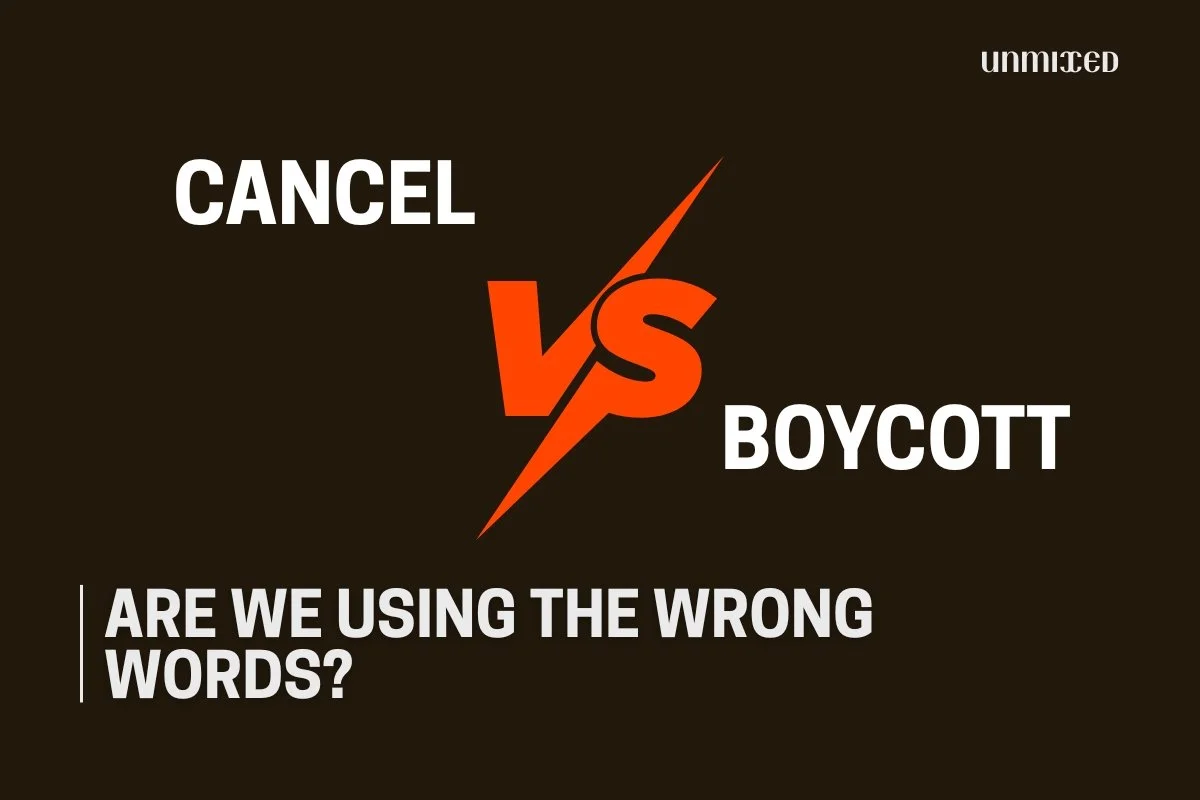CANCEL VS. BOYCOTT: Are We Using the Wrong Words?
Is Boycott Culture the Same as Cancel Culture?
Not really. Cancel culture targets individuals — shaming, silencing, erasing a person. Boycott culture withdraws support from systems that exploit. One punishes, the other protests.
But under today’s technofeudalism — where platforms rule like digital landlords — even boycotts don’t work like they used to. In capitalism, refusing to buy a product hurt profits. In technofeudalism, platforms profit whether you show up or not. Attention itself is the currency, and absence just becomes another data point.
Take Boiler Room: it doesn’t make underground culture, it harvests it, packages it, and sells it to investors whose money is tied to war. When we refuse to watch, buy tickets, or engage, that isn’t “cancelling.” It’s boycotting. A refusal to lend legitimacy.
But here’s the tension: in a world where the platforms always win, does our boycott still carry weight — or does it just become another gesture within their empire?
So maybe the real question is this: in technofeudalism, can protest still mean more than just a performance? or is every act, even refusal, just another data point for the platform to harvest?
The fact is this: the problems we face today didn’t even exist when the word boycott was first defined. Which means the old language — and the old tools — are no longer enough. We need not only sharper words, but also new forms of action that cut to the root of the issue.
And that’s not something any one person can solve alone. It requires more brainpower than any individual can harness.
So here’s our ask: if you have ideas, terms, or strategies for how resistance can evolve in the age of platforms, share them with us. Because only together can we shape the language — and the actions — that might actually change the core of the problem.

